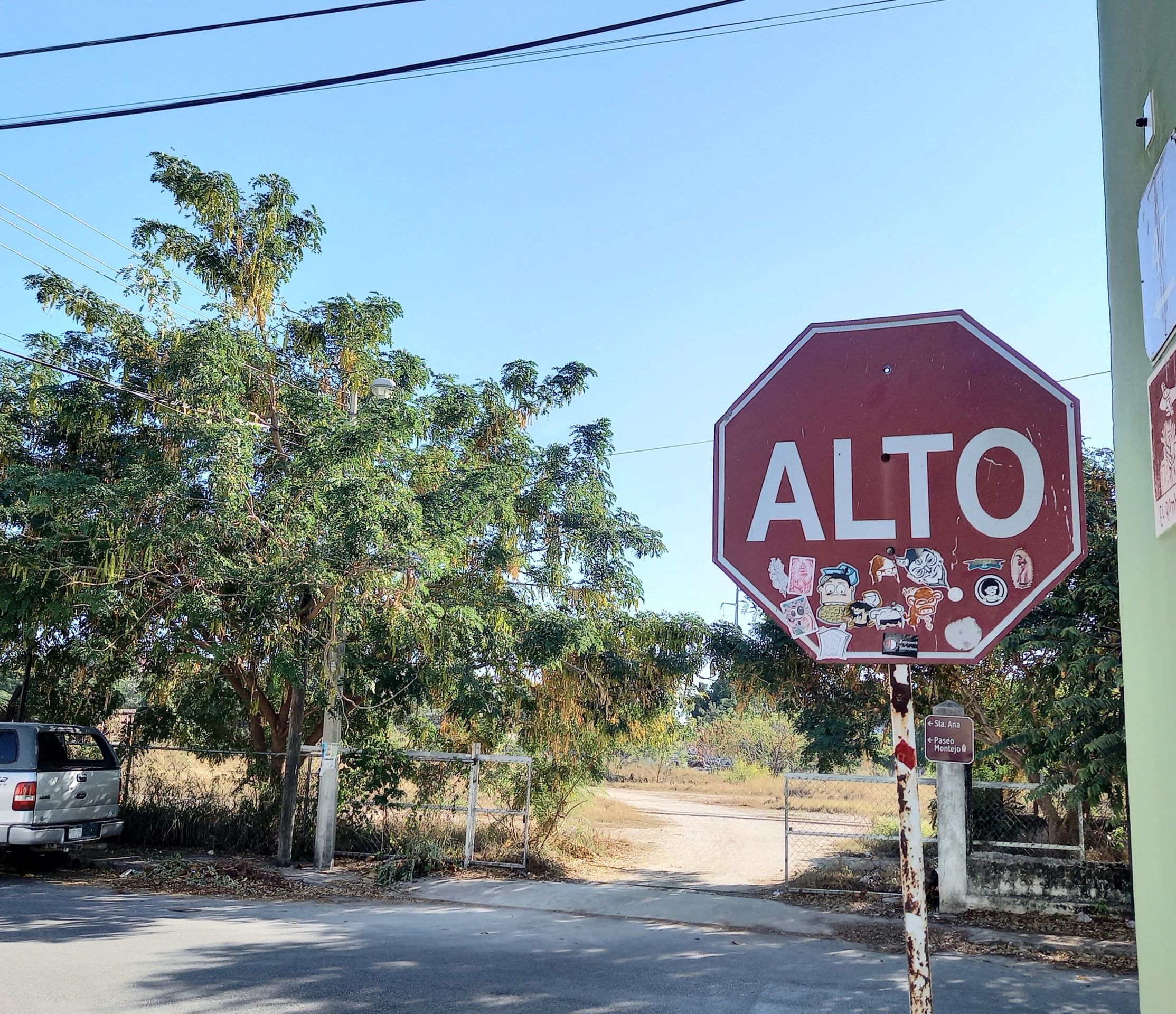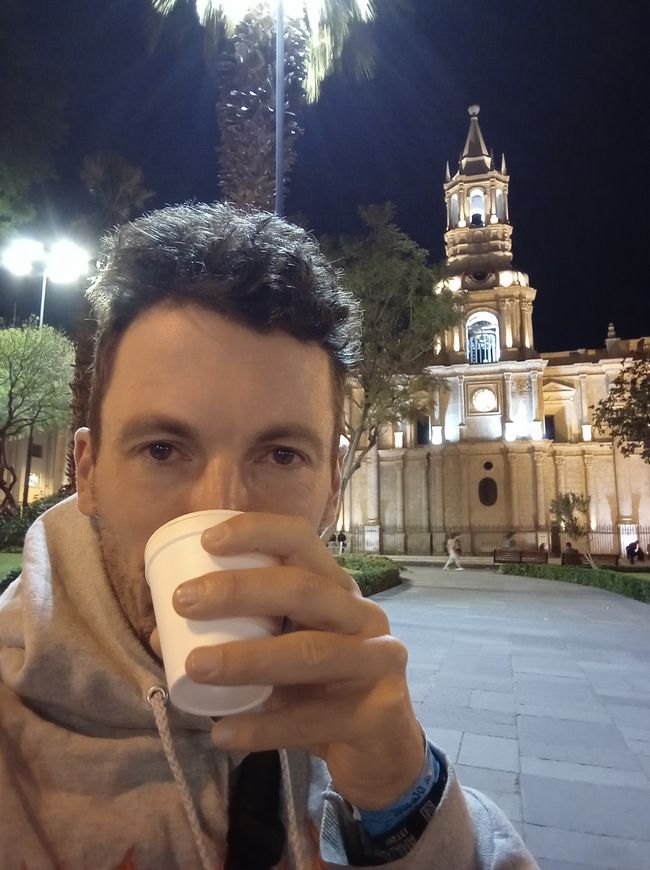Medellin, beauty in the rain
E phatlaladitšwe: 02.03.2022
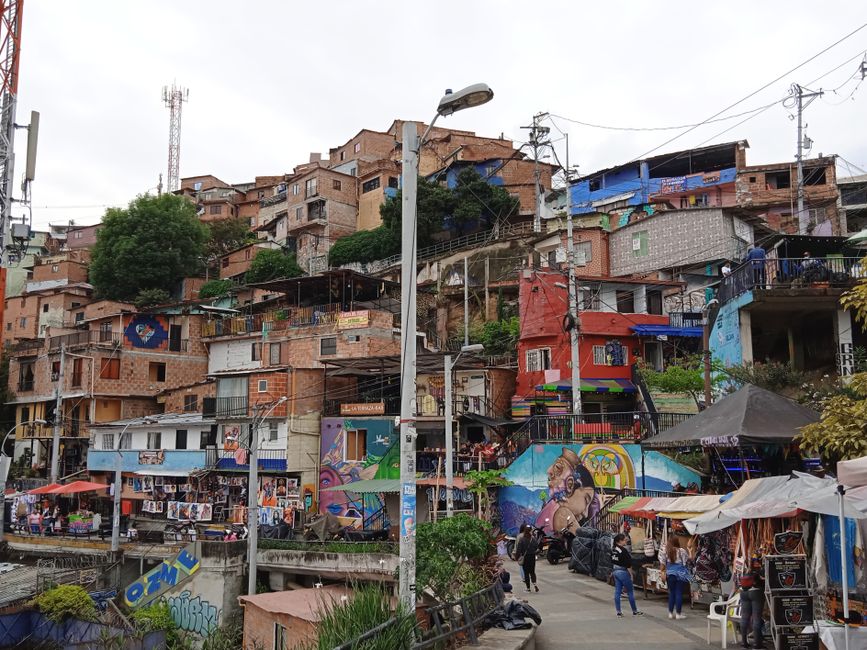
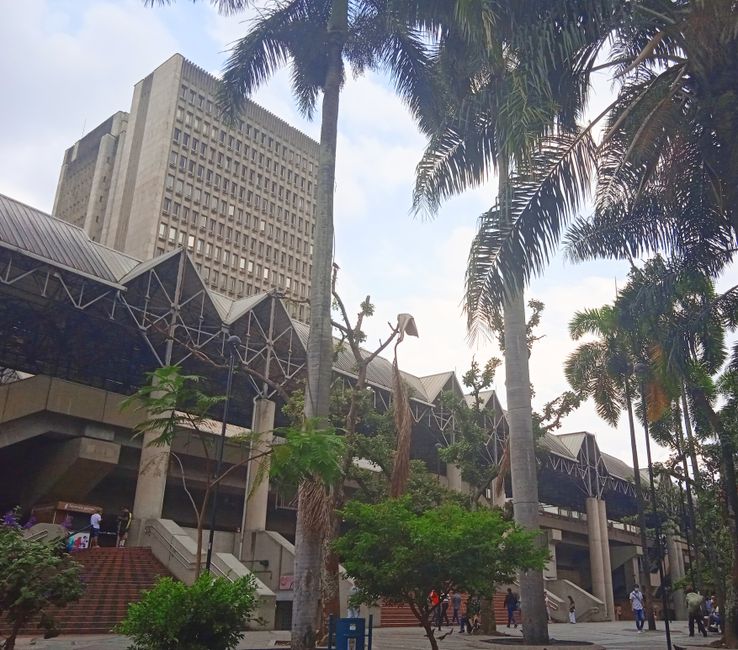
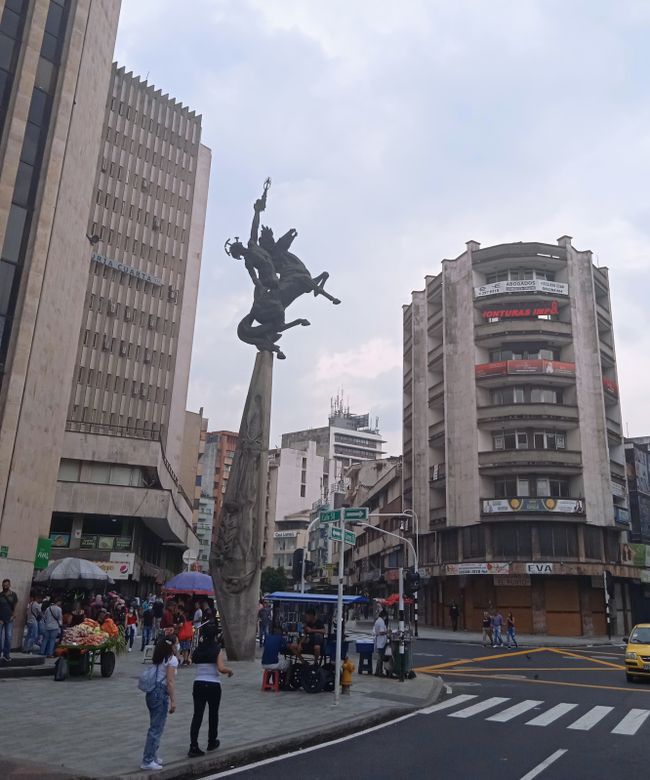
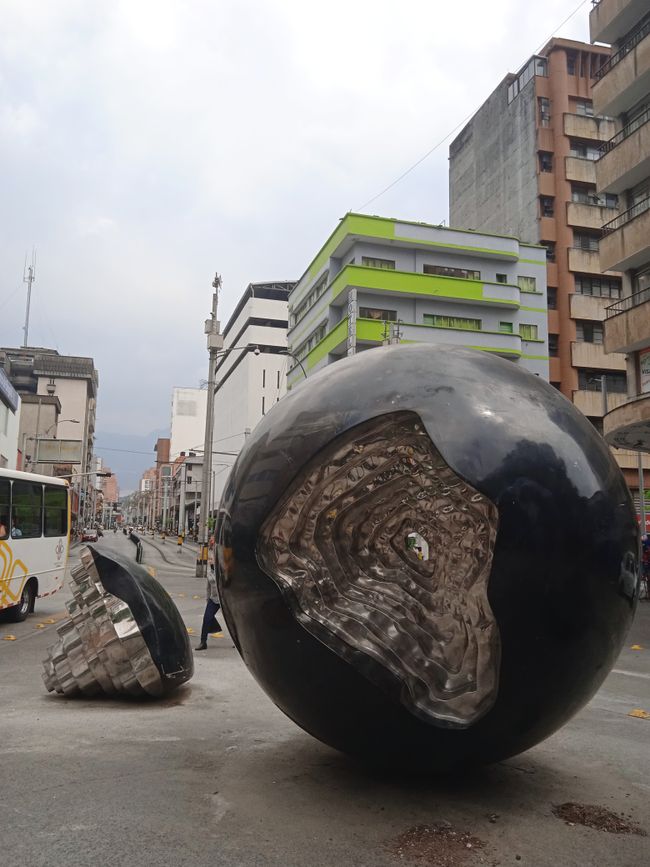
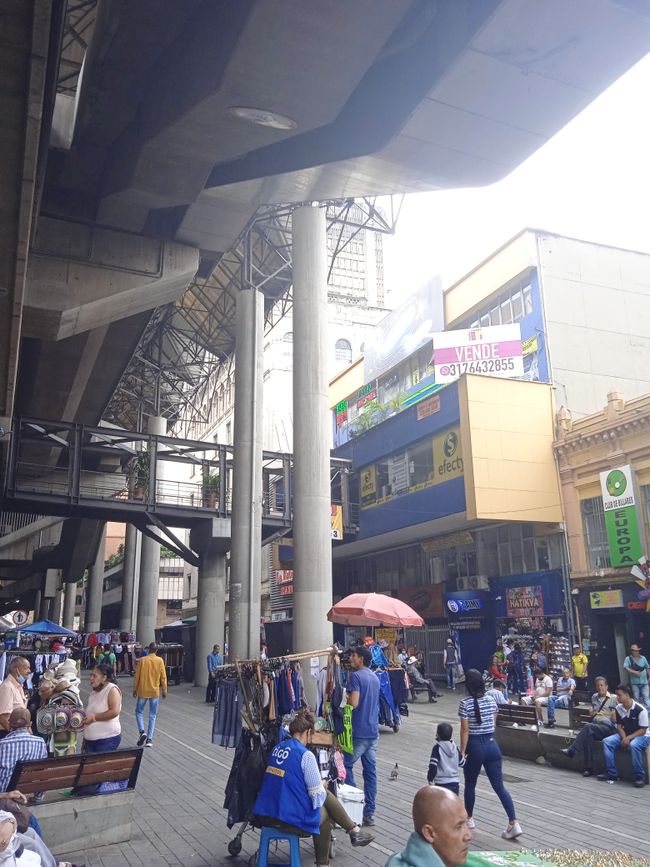
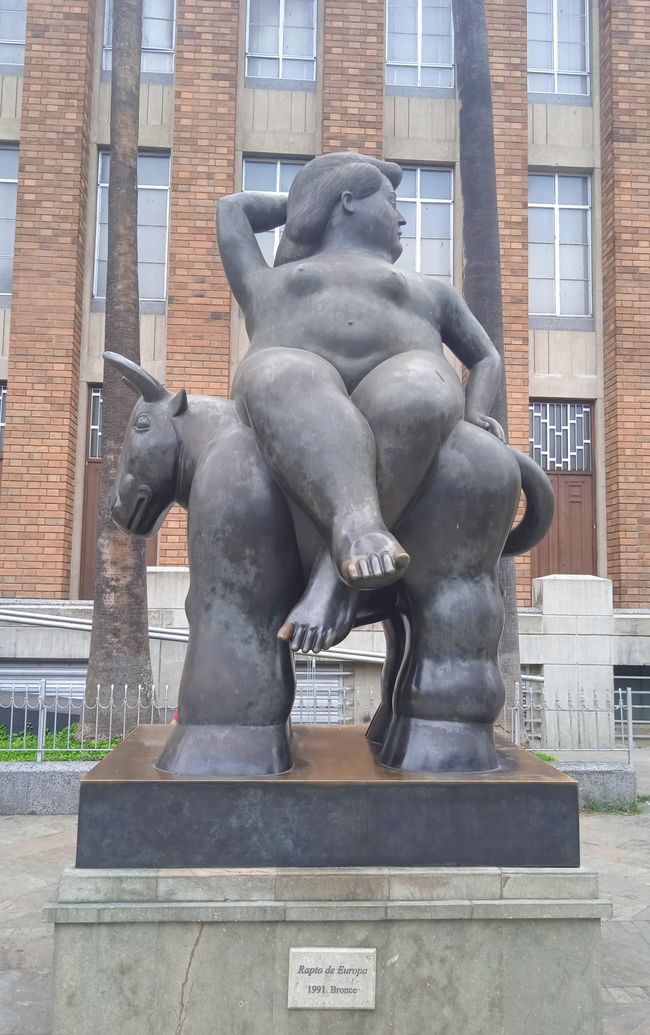
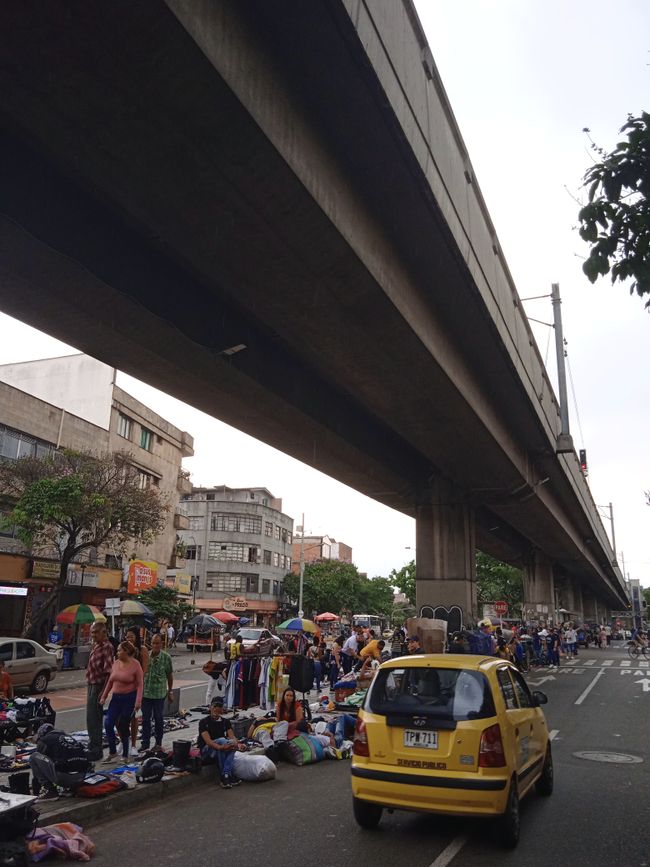
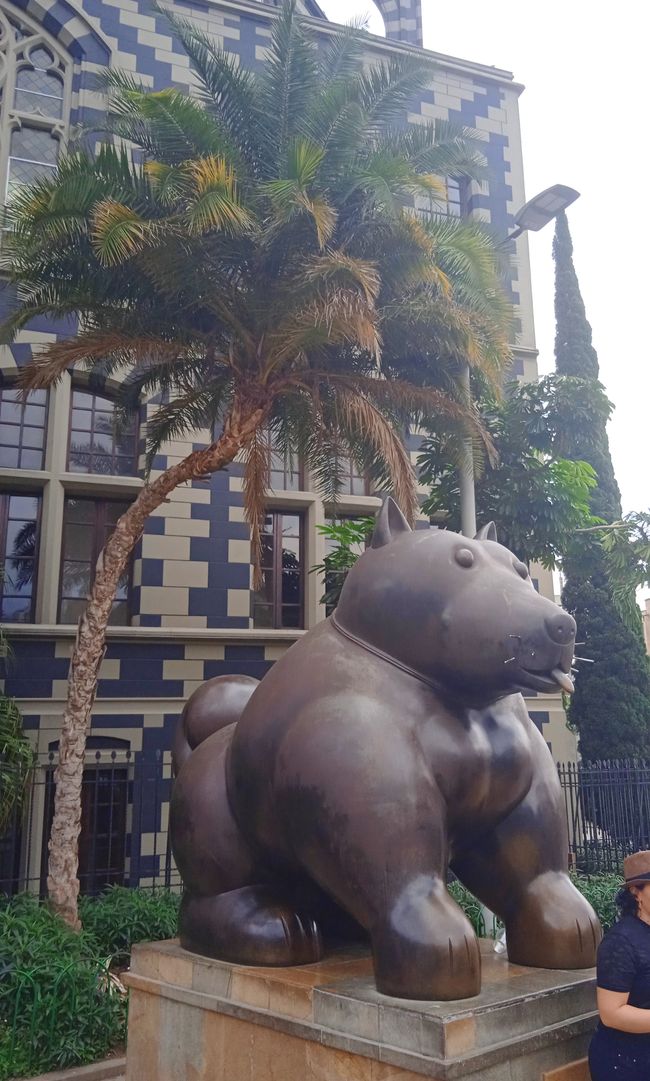
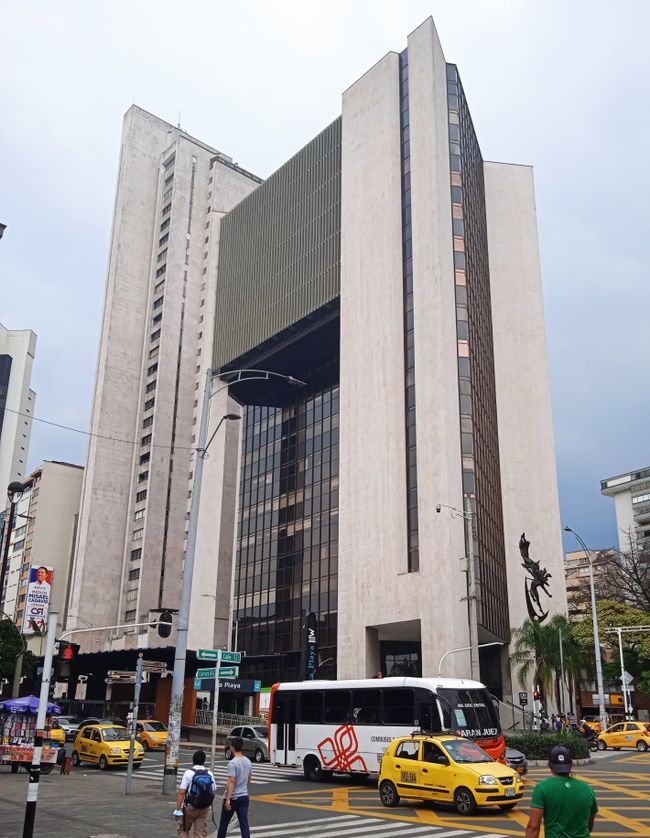
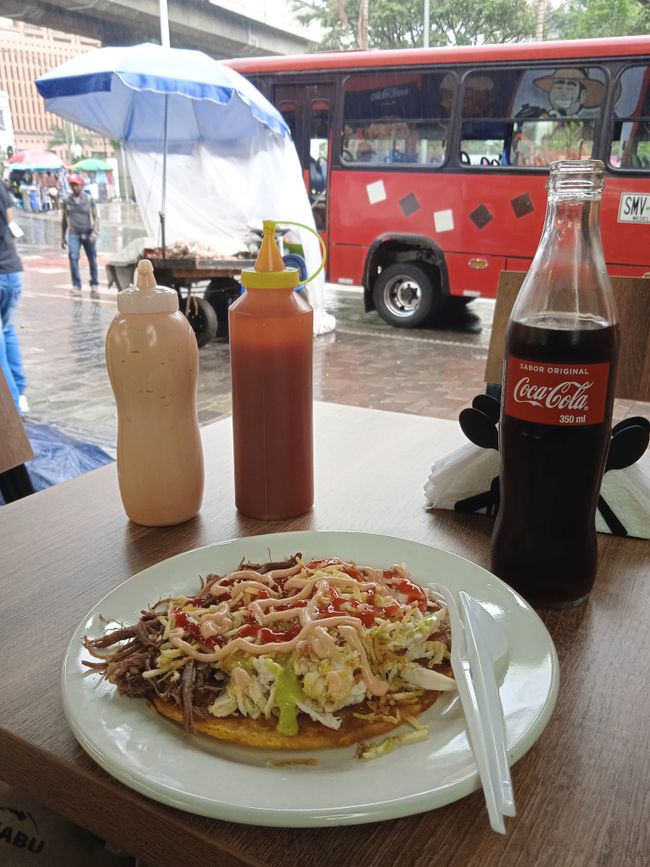
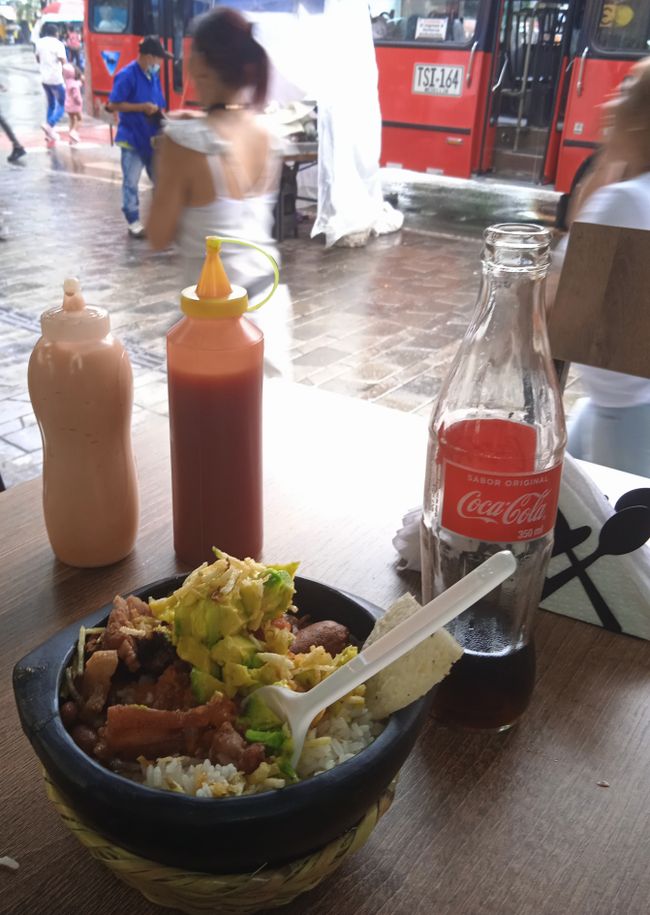
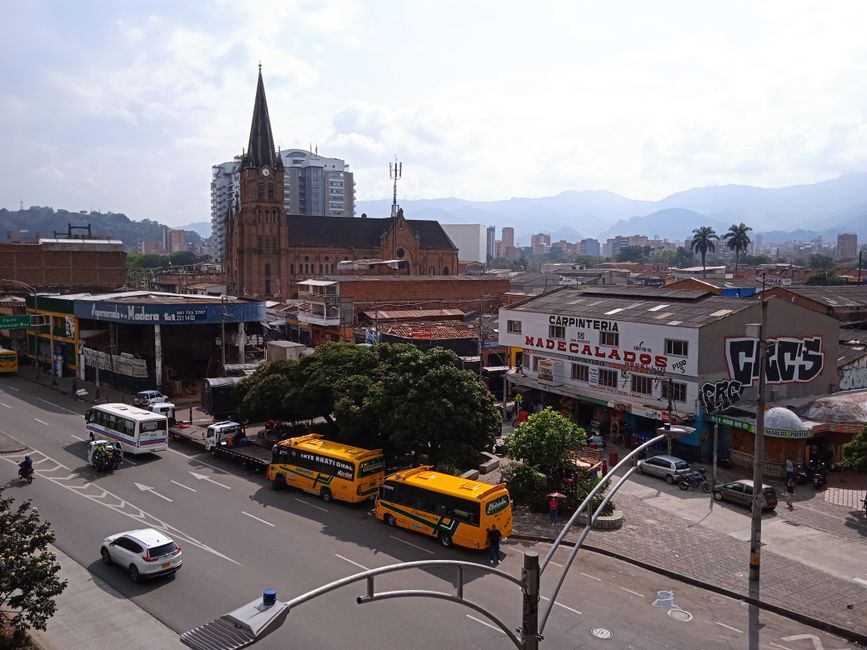
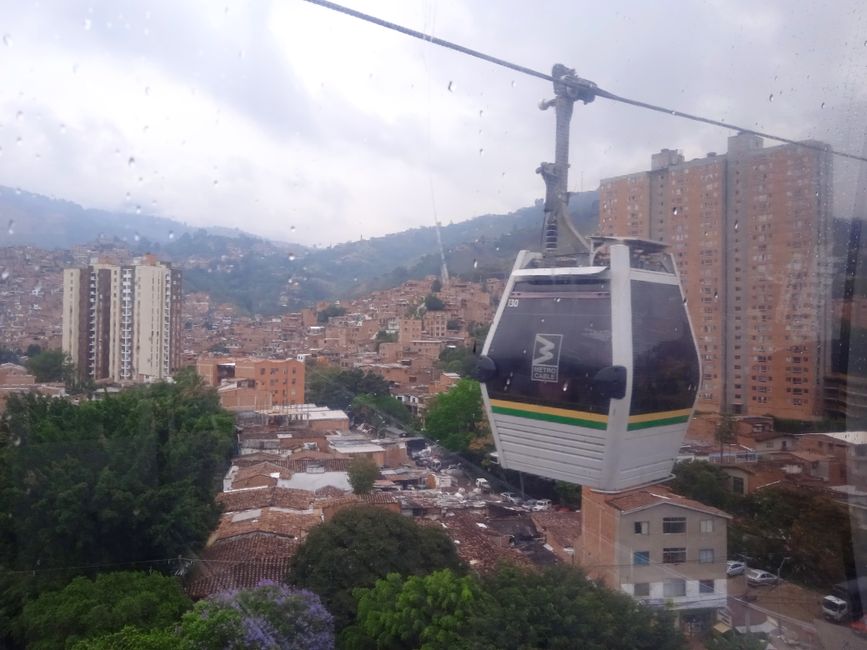
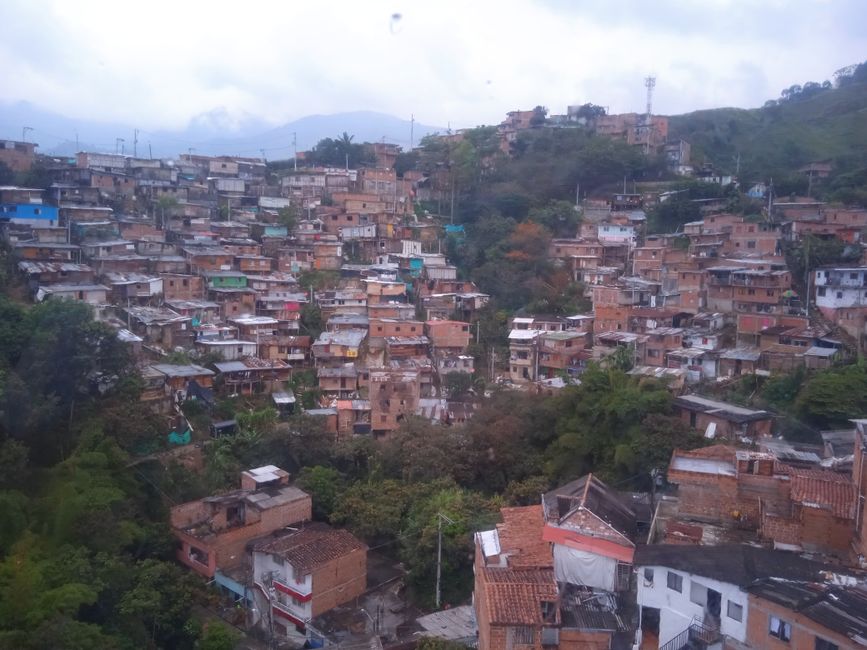
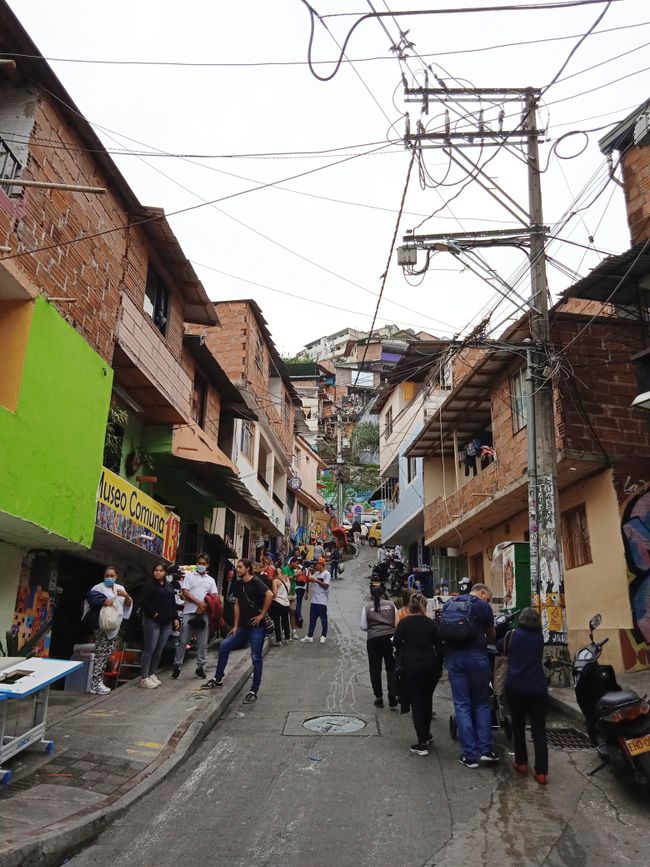
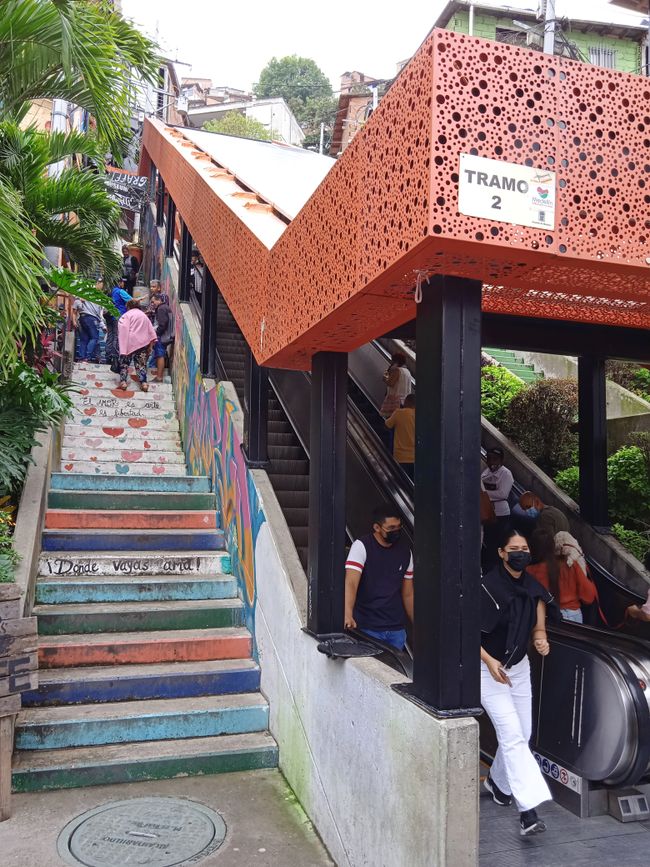
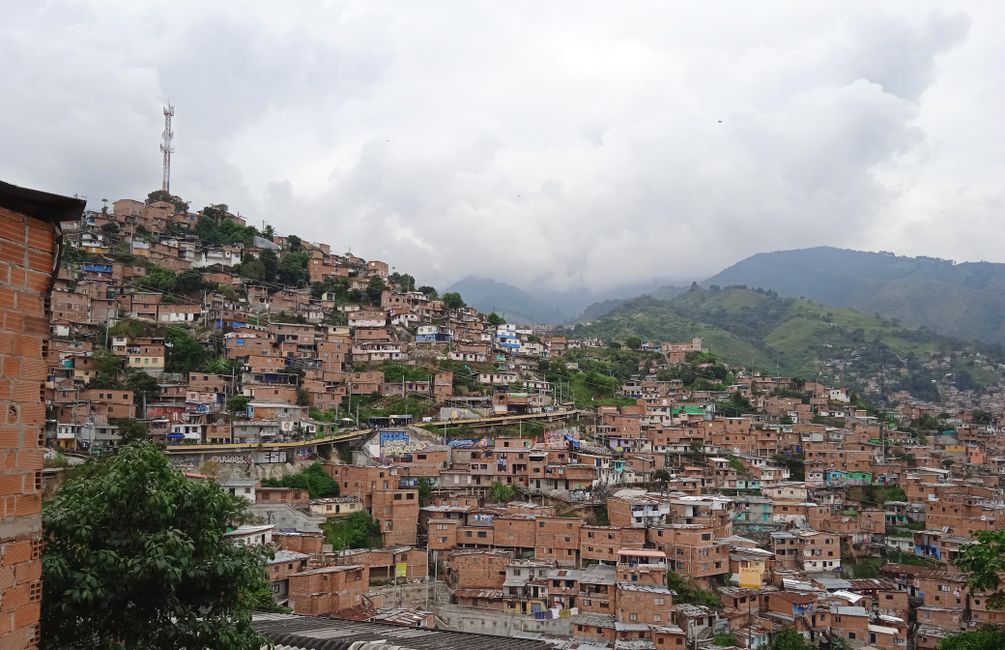
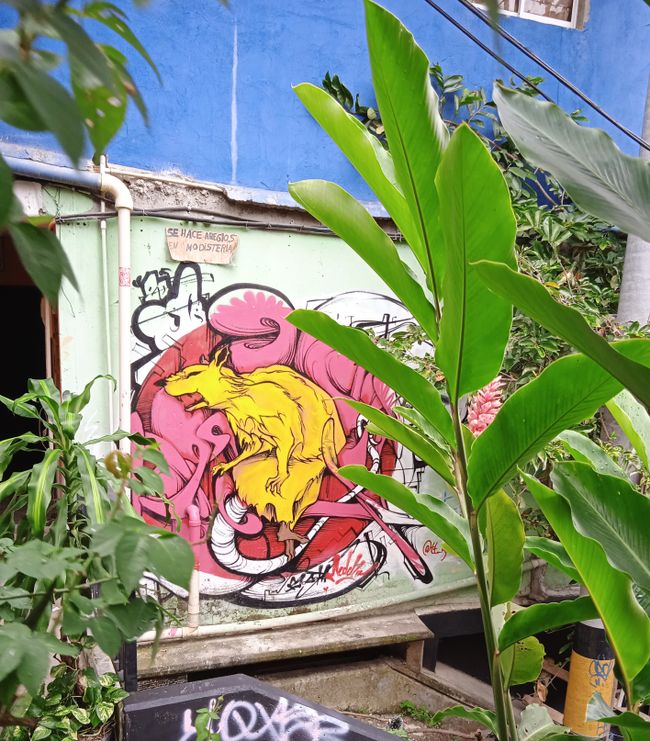
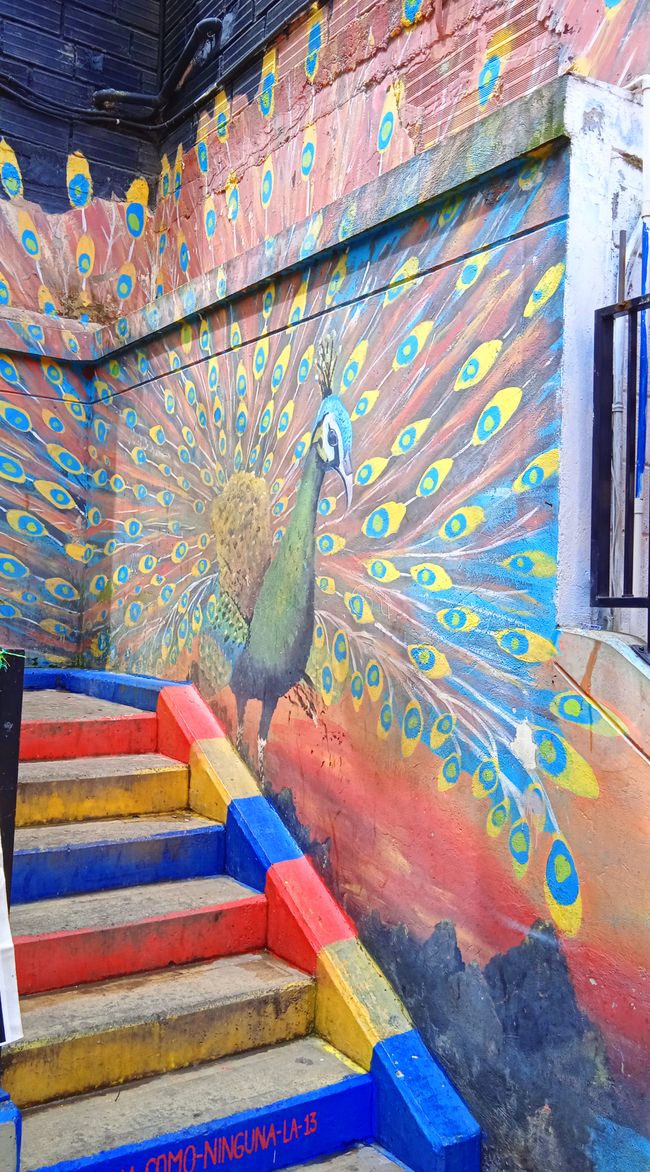
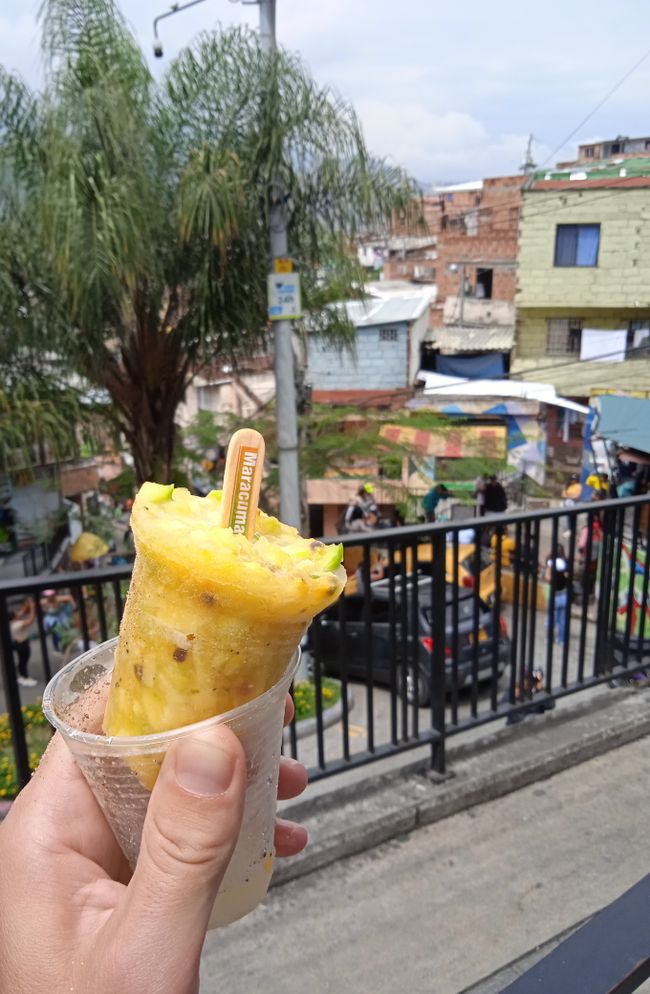
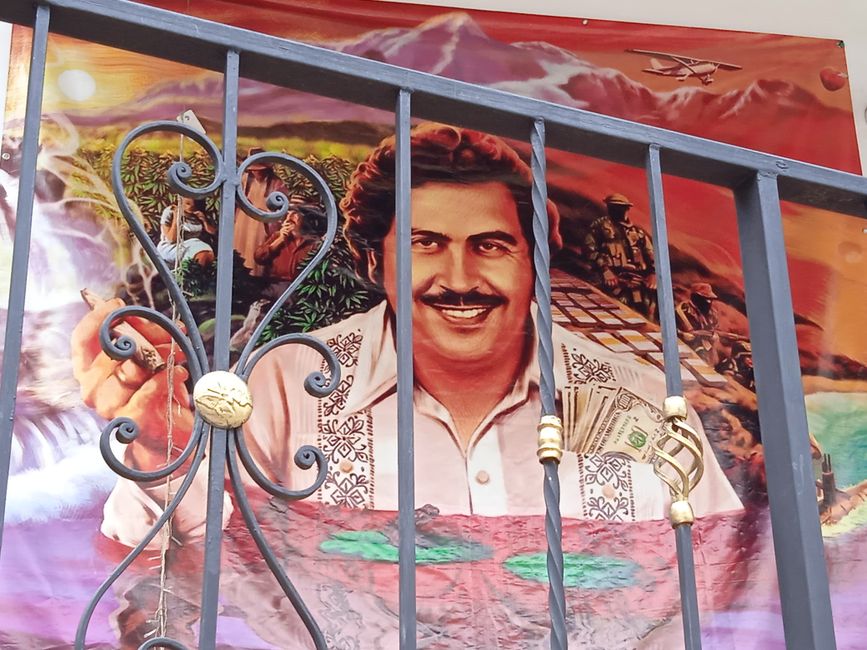
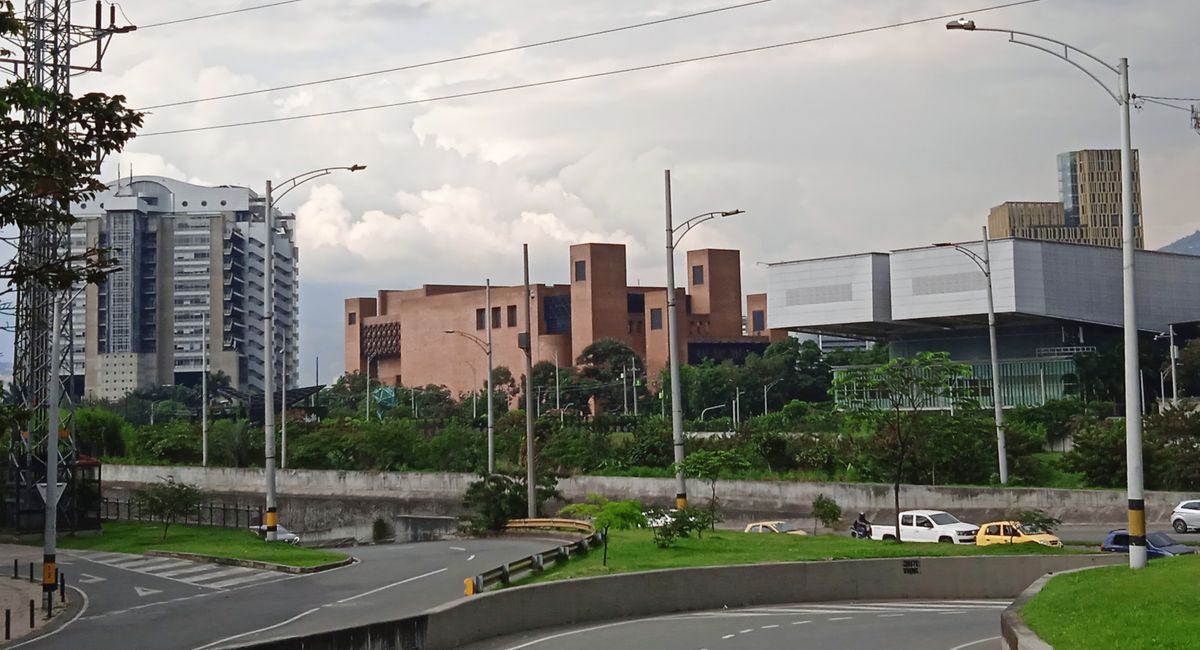
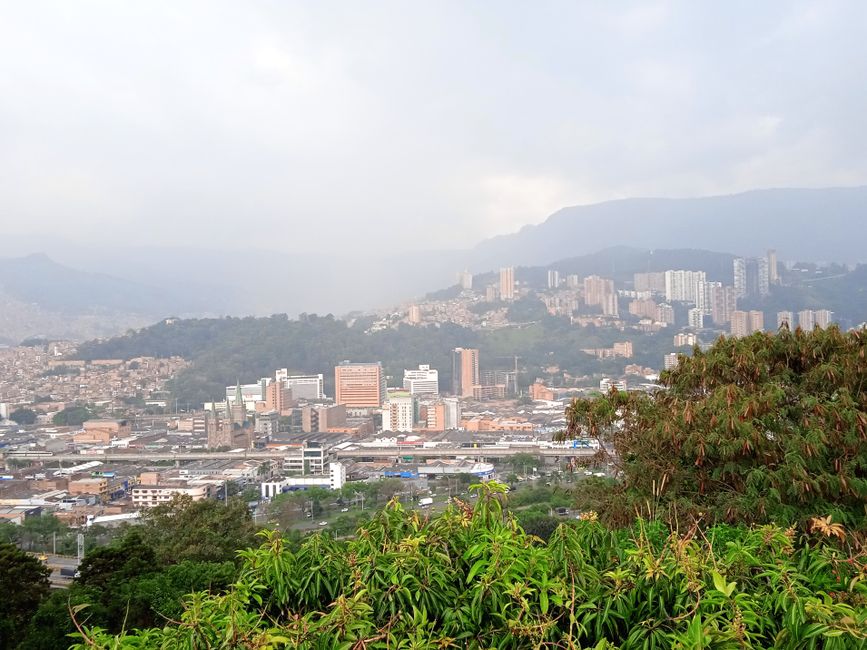
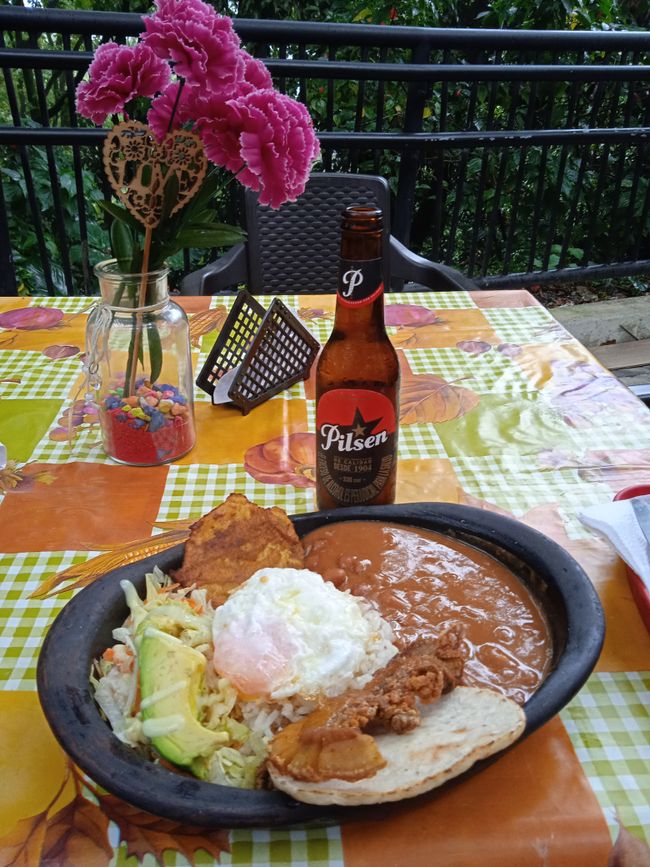
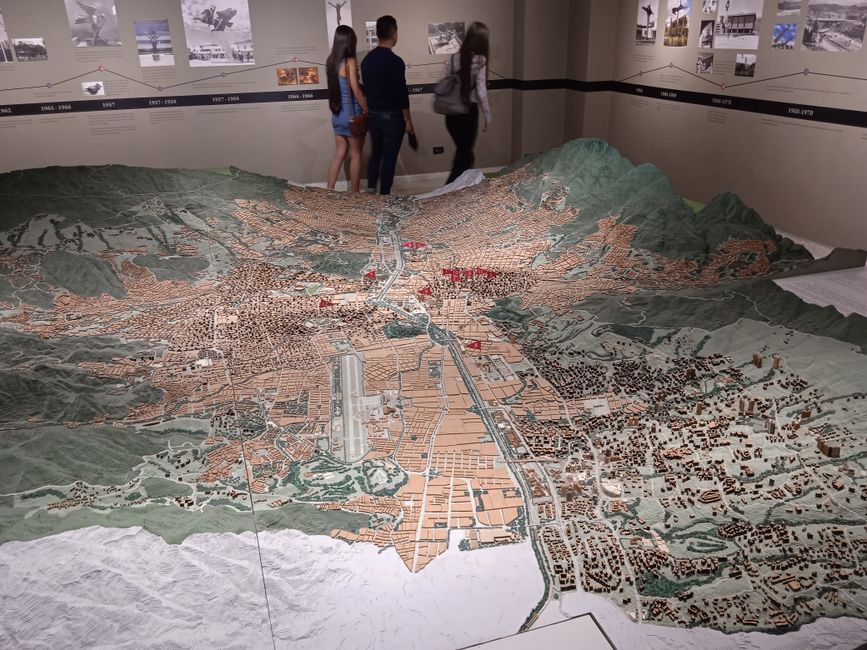
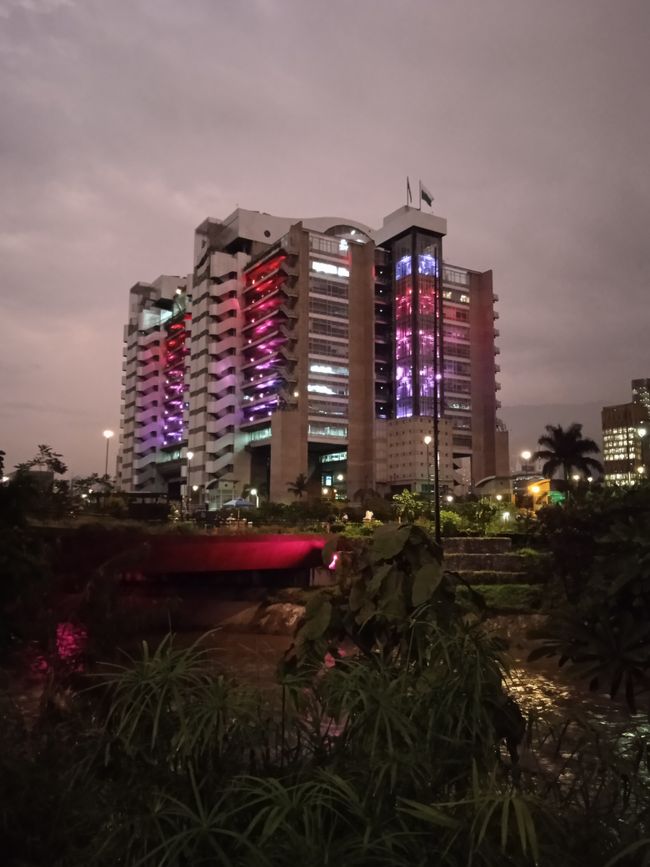
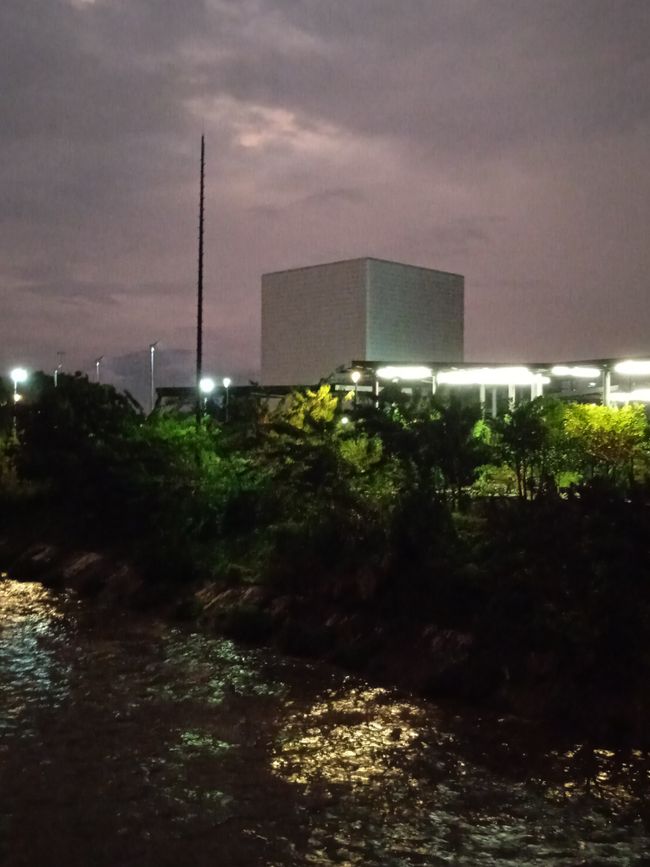
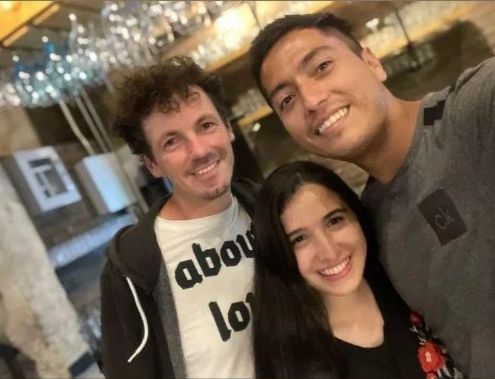
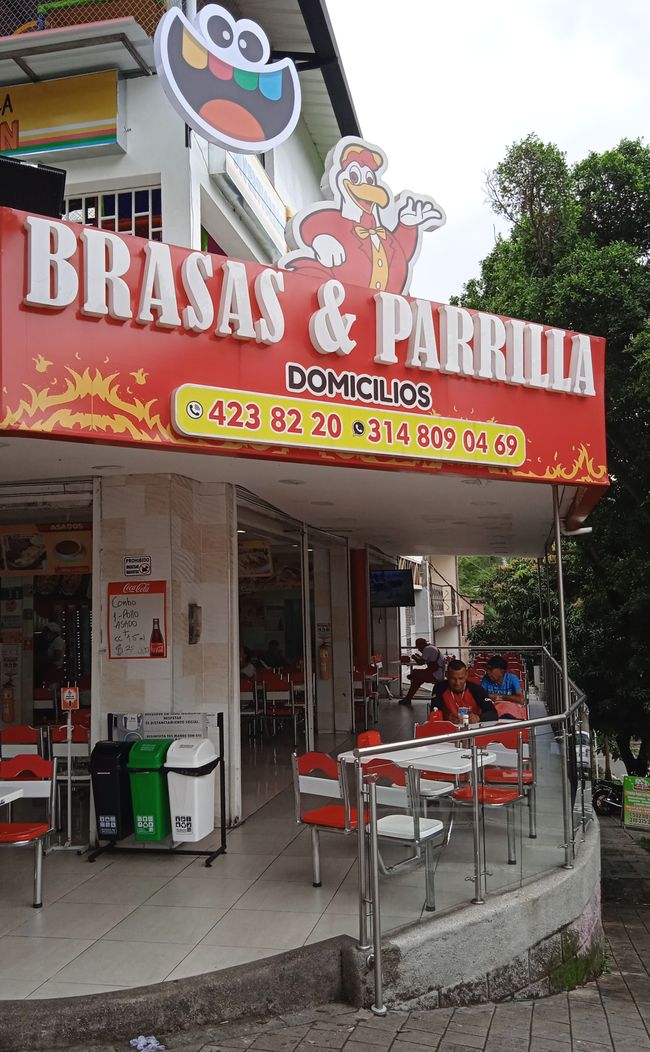
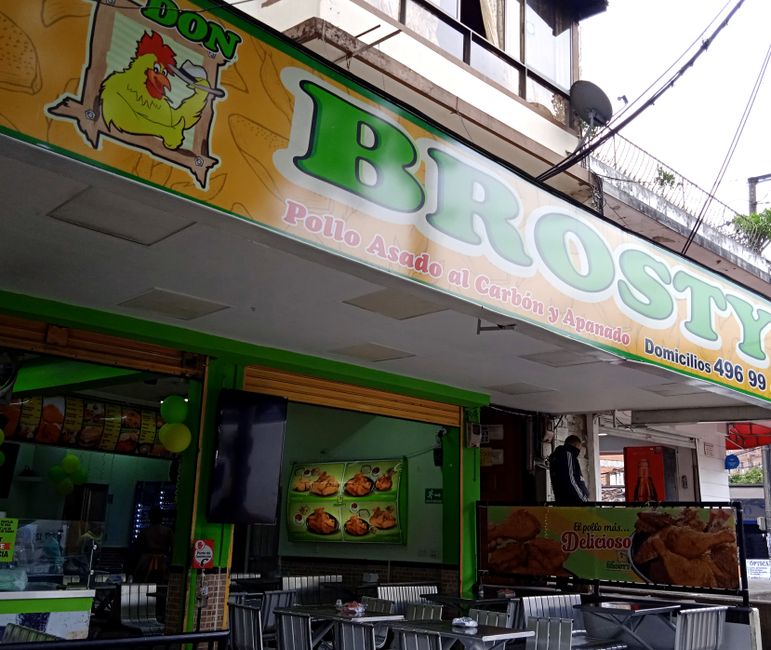
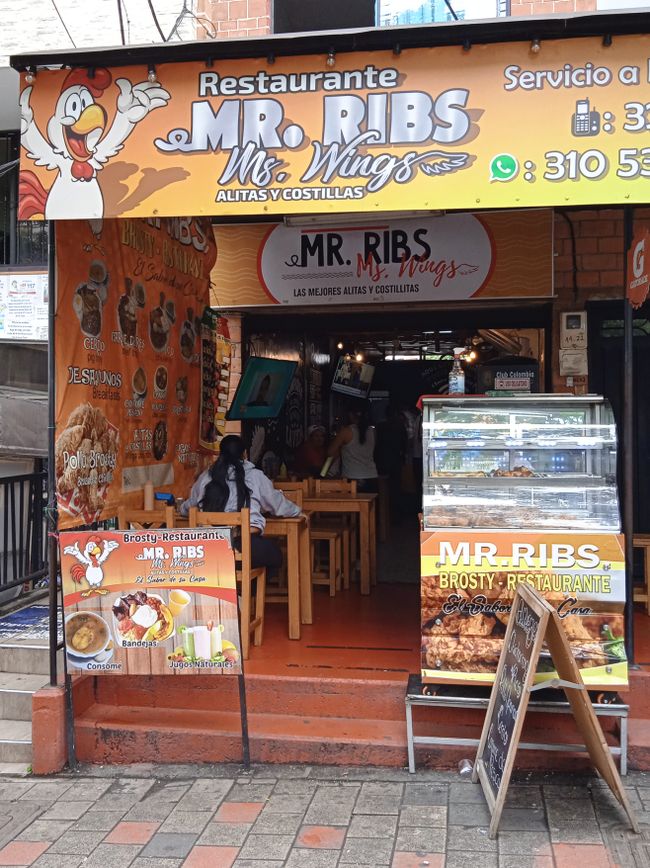
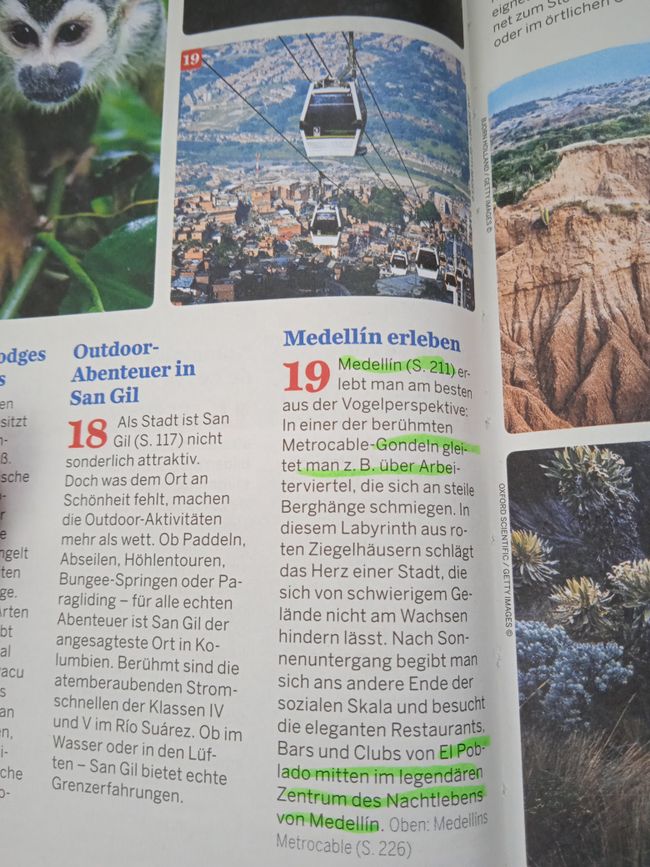
Ingwadiše go Lengwalo la Ditaba
Medellin hesitated. Like a beauty from humble origins, the city held back and kept its charms to itself. There were no large plazas, no oversized presidential palaces, and no central cathedrals adorned with the stolen gold of the New World. Medellin's beauty was of a simple nature. An industrial and coffee metropolis. If the city were in Germany, Herbert Grönemeyer would have dedicated a heartfelt anthem to it. Fortunately, Medellin was still in western Colombia.
Nestled in a magnificent landscape, in the valley surrounded by green mountains, the city grew along the river and settlements climbed up into the mountains. The hazy, humid climate, the clouds, and the rain obscured the view of the fantastic fusion of city planning and nature. Skyscrapers and massive concrete buildings seemed overwhelming up close, but when viewed from the hills into the valley, the buildings appeared like isolated rock formations amidst untouched nature. It was only on my departure day that Medellin revealed itself in glorious sunshine.
Little indicated the brutal past of the former 'capital of crime'. Nevertheless, the marketing of drug lord Pablo Escobar was omnipresent, and no Medellin story was complete without a reference to the era of the cartels in the 1980s. A visit to the so-called Comuna 13 on Monday morning impressed me especially. The former slum had undergone a remarkable transformation, becoming an artist colony.
Culturally, climatically, and in terms of crime prevention, Medellin overshadowed the capital city. Medellin had also developed a regional identity that confidently emphasized local peculiarities, shaped by simple openness to strangers.
I spent the evenings with Juliana and David from Bogota. The two students visited the city over the weekend. Sharing a beer or regional Aguardiente, an anise liquor, I got to know my host country a little better outside the hostel bubble.
Like young people in their early twenties around the world, the two of them suffered particularly from the seven-month Corona shutdown in their country. Now they were trying to make up for the missed opportunities through travel. Especially David dreamed of a vacation abroad. Given the enormous undervaluation of the Colombian peso, such plans seemed almost hopeless, even for members of the middle class. Even with good conditions, such as studying, English skills, and financial support from parents, the economy thwarted their plans. At the same time, under these circumstances, Colombia became an especially affordable travel destination for tourists from abroad. Without words, we ordered another beer, the small can for 3000 pesos, about 70 cents (worth 1.25 euros seven years ago). I looked forward to a reunion with the two from Bogota.
Recommended reading on the bloody past and the absurdities of building an illegal drug cartel:
https://en.wikipedia.org/wiki/Medellín_Cartel
Recommended reading on Comuna 13:
https://en.wikipedia.org/wiki/San_Javier,_Medellín
Ingwadiše go Lengwalo la Ditaba
Karabo
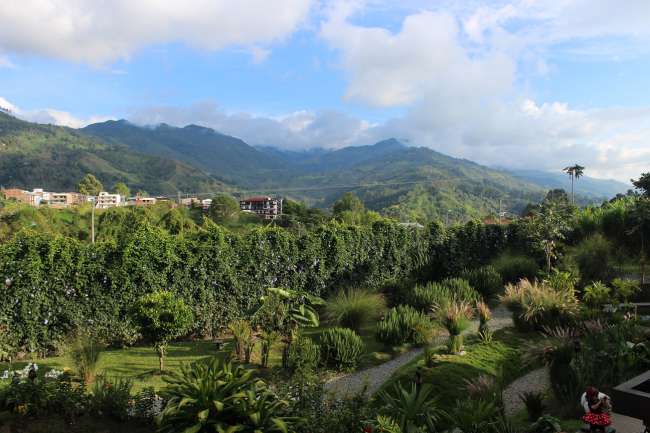
Dipego tša maeto Colombia
